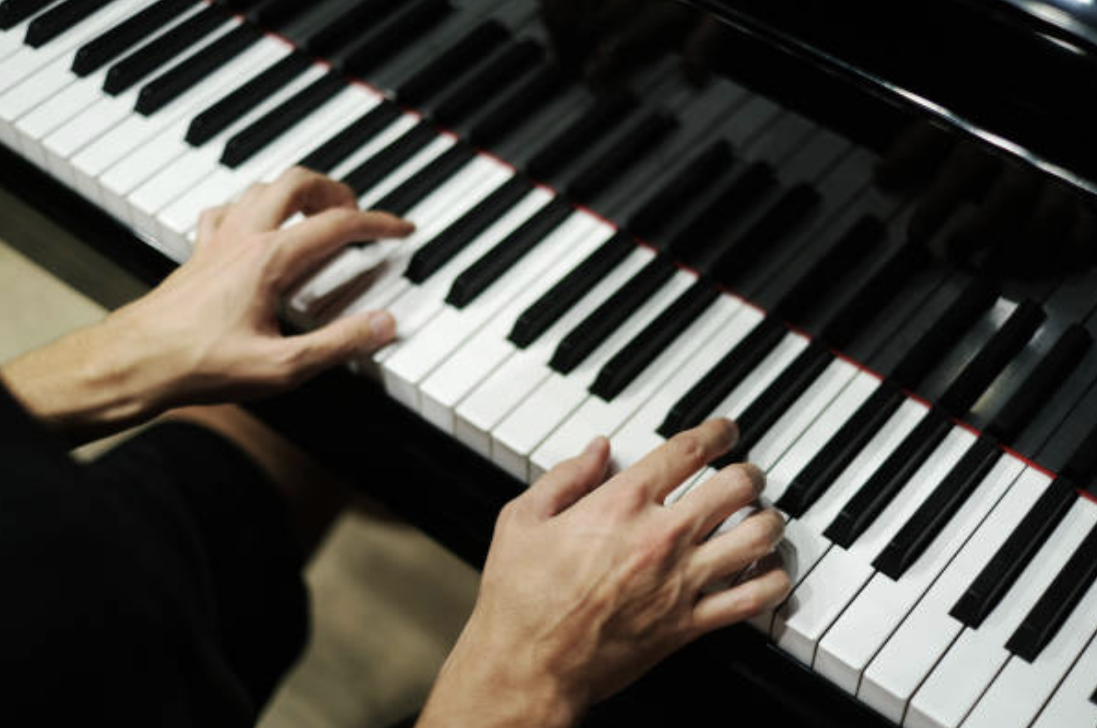Discover the Joys of Learning Piano
The piano is a timeless symbol of elegance and sophistication in musical instruments. Its rich and versatile sound has captivated audiences for centuries, making it a staple across musical genres.
Learning to play this beloved instrument offers an immersive and fulfilling experience. Beyond entertainment, piano education profoundly benefits the mind, emotions, relationships, and health of those willing to commit to mastering the keys.
This article illuminates the joy you stand to gain from becoming an accomplished pianist.
Cognitive Benefits: Piano as Brain Exercise
Playing piano gives the brain an intensive workout. As you memorize new musical pieces, translate notation into sound, and coordinate both hands, your mind constantly adapts and strengthens. Here are vital cognitive benefits:
1. Enhanced Memory
Learning lengthy, complex piano compositions engages memorization skills and solidifies neural pathways in the brain. Studies reveal that professional pianists have more hippocampus volume than non-musicians—this brain region is directly tied to memory formation and retention.
Besides, when learning how to play piano, the proper hand positioning, scales, chords, and arpeggios on acoustic and digital piano builds memory over time. Playing piano requires using correct fingerings smoothly across the keyboard to memorize the masterpieces. The dedicated, mindful practice facilitates quicker memory encoding and makes recalling music for performance easier.
2. Enhanced Cognitive Abilities
Playing the piano builds flexible thinking and multifaceted mental skills. Reading musical notation while simultaneously listening, planning hand movements, and interpreting the notes and rhythms requires quickly toggling between cognitive modes.
Managing these simultaneous demands involves multitasking, training the brain to juggle multiple inputs and outputs adeptly. This enhancement of cognitive flexibility and multitasking capabilities transfers beyond the piano to other realms of life.
3. Improved Concentration
Fluidly sight reading sheet music and perfecting technique require tremendous focus over long practice sessions. These concentration skills boost productivity in other mental tasks by honing the brain's ability to sustain attention.
Emotional Benefits: Outlet for Expression and Stress Relief
Beyond exercising intellect, playing piano also nurtures emotional health by providing a liberating outlet for self-expression and processing feelings. Emotional benefits include:
1. Emotional Outlet
Interpreting a musical composition necessitates accessing your inner world of feelings. Playing the piano nurtures emotional acumen, expressivity, self-knowledge, and constructive processing of sentiments.
The piano furnishes an avenue to securely traverse your emotional terrain and direct arising moods through imaginative articulation. For individuals who wrestle with restraint, the piano offers a liberating channel to ventilate, work through, and healthily discharge emotions.
2. Stress and Anxiety Reduction
Studies demonstrate playing piano lowers heart rate, blood pressure, and stress hormone levels. Creating music produces a tranquilizing effect that alleviates anxiety, calms the mind, and eases depression.
3. Mood-Boosting and Confidence Building
The pleasurable, rewarding motions involved in piano practicing, combined with creating beautiful sounds, release dopamine in the brain—the "feel good" chemical associated with happiness. Regular piano playing uplifts mood and spirit.
Moreover, executing for an audience necessitates confronting trepidations and constructing self-assurance as landmarks are accomplished. Obtaining the remarkable new expertise of piano command nurtures profound pride.
Pianists evolve conviction in their capabilities as they conquer obstacles and augment their imaginative articulation. Thus, playing the piano uplifts outlook and self-confidence.
Social and Communal Benefits
Though pianists often play solo, mastering this instrument also nurtures social bonds and community:
1. Forging Meaningful Connections
Performing piano duets or pieces entails cooperative play that cultivates profound kinship and enduring friendships between duet partners. Pianists can support vocalists, instrumental soloists, bands, orchestras, and choirs.
Accompanying and complementing fellow musicians in ensemble performances builds engaged listening, teamwork, and assistance. Playing the piano fosters meaningful musical bonds and furnishes opportunities to unite with peers over mutual enthusiasm.
2. Teaching Skills
Advanced piano players can give back by offering lessons and mentoring new generations of students. Passing on knowledge and technique is deeply rewarding and makes an impact by propagating piano mastery.
Quality instruction requires patience, compassion, and a deep understanding of the challenges faced by beginners. Experienced players have much to offer to students by imparting wisdom from years spent mastering the instrument.
Physical and Lifestyle Benefits
Along with mental and emotional perks, playing the piano also benefits physical health and lifestyle habits:
1. Enhanced Motor Skills and Coordination
Playing the piano involves exercises like scales, arpeggios, and trills, which develop finer dexterity and motor skills. Reading notation and moving both hands independently to play the correct notes and rhythms also builds essential hand-eye-ear coordination.
2. Benefits for Posture and Longevity
Proper upright piano posture strengthens core muscles and improves breathing capacity and lung function. Additionally, playing the piano coordinates physical activity and movement with cognitive focus and emotional expression, fully engaging the mind, body, and spirit.
Furthermore, piano performance can be a solo endeavor for personal improvement and a communal event when executed with fellow musicians, furnishing social bonds. The multidimensional essence of studying and playing the piano can supply a gratifying lifelong quest that upholds continued corporeal vigor, mental acuity, social involvement, and self-rule into one's golden years.
Conclusion: Reaping Multifaceted Rewards
Playing the piano furnishes varied advantages encompassing mental stimulation, emotional discharge, social bonds, physical wellness, and lifestyle organization. Although commanding this instrument necessitates commitment, habitual practice compensates for exponential profits.
Piano performance enriches cognition, focus, disposition, self-articulation, community involvement, dexterity, synchronization, and more. The piano purveys a fruitful, absorbing recreational pursuit that research demonstrates profits your whole being.
Muster the fortitude for that initial tutorial, and unlatch the piano's potential to sway your life favorably. Let the musicality endure!









